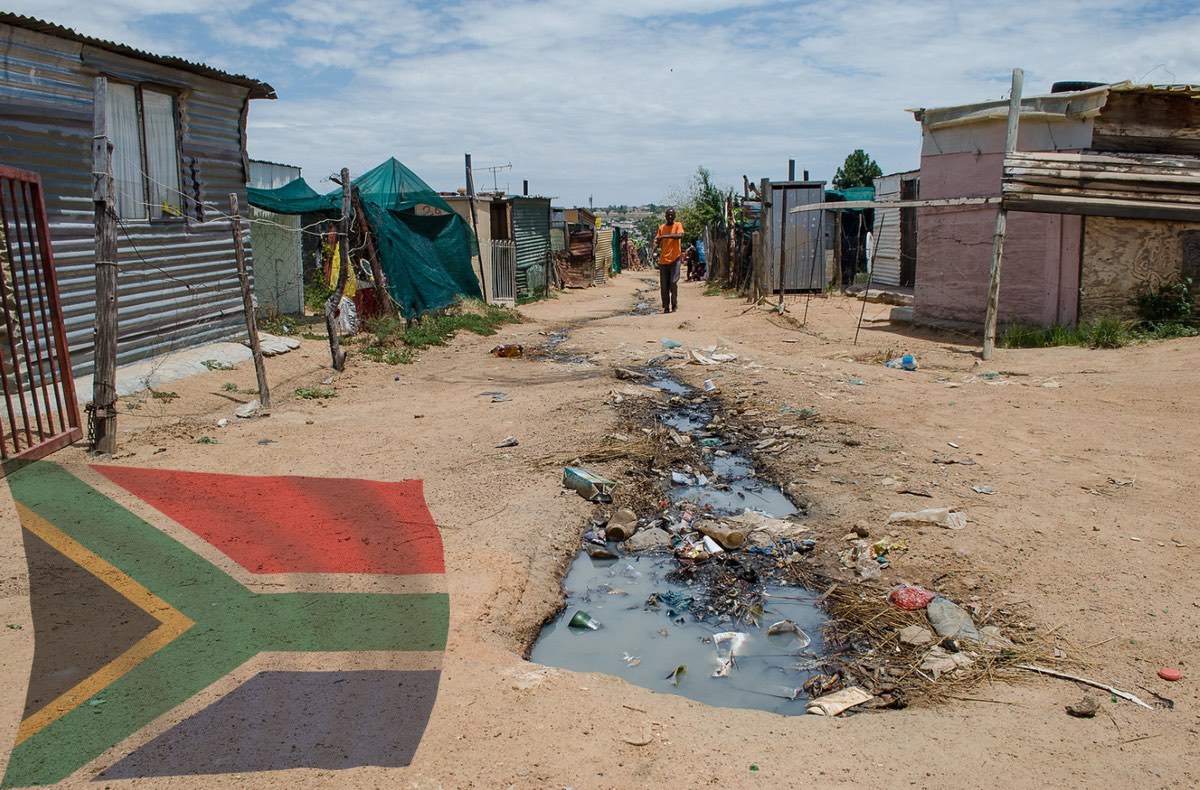On 27 April 1994, long queues of South Africans cast their ballots in South Africa’s first democratic elections with the vision of hope. This hope was also fuelled by the African National Congresses’ (ANC) election posters stating in bold type “a better life for all”. Fast forward to Freedom Day celebrations in 2021 and it is a muted affair, not only because of the global Covid-19 pandemic, but because of the ruling party’s governance challenges. The entrance of the President and cabinet ministers in sleek stretch limousines in the depressed Free State township of Botshabelo for the celebrations stand in stark contrast with the promise of a better life for all.
South Africa’s post-Apartheid history is one marked by ambiguity as its achievements are often overshadowed by its downfalls. The political results from the transition are visible, as the regime enjoys broad legitimacy, opposition parties are tolerated at every sphere of government, and the Constitution enjoys great respect around the world. Despite the advances made over the past 27 years, the majority live wretched lives. Some argue that this mismatch between expectations and reality has been evident in the increase in political action dating back to 2004. The political action took the form of service delivery protests and increased militancy associated with public demonstrations.
While this day marking the end of apartheid should be celebrated, very few are in a celebratory mood. South Africa is currently experiencing a wave of protests. A few include the March 2021 protests by the Intungu YaseMatyotyombeni Movement in Cape Town for basic needs such as water, toilets and electricity; the April 10th protests along the N3 in the Roodekop area near Germiston in Johannesburg; the April 21st protest by members of the Umkhonto we Sizwe Veterans Association (MKMVA) which disrupted traffic near Pietermaritzburg. This is only the tip of the iceberg.
A recent survey showed that the country’s performance on a range of social, economic and governance measures have deteriorated over the past twelve years- more than any other country not at war. The country’s governance standards on the Mo Ibrahim Index of African Governance (IIAG) have been slipping since 2007. While governance on the continent is said to have slowed down for the first time in over a decade, 60% of African states have still managed to make progress in terms of good governance. While many African states may continue to experience governance challenges in 2021, Mo Ibrahim from the Mo Ibrahim Foundation believes that the ruling ANC would have to completely dismantle itself in an attempt to rid itself of corruption. It is worth pointing out that South Africa’s overall governance looks bleak. The country’s performance in terms of safety and rule of law; participation and human rights; sustainable economic opportunity and human development are all in serious decline. The country has become a poster child for bad governance, which violate the core principles of democracy. This precipitous decline in governance places the country’s future in peril.
South Africa currently has the highest number of Covid-19 cases on the African continent and has already reported 50,000 deaths. Only 293,000 of the country’s 59,916,811 citizens have been vaccinated. The country is struggling with access to the vaccine. In addition to that, the country is also struggling with prolonged droughts in the Eastern, Northern and Western Cape. The water shortages and widespread crop failure has negatively affected subsistence and commercial farming. This in turn has resulted in the increase in food prices thereby undermining household food security. Those with little and even no income are struggling to get by. Many South Africans are cutting back on their healthcare, groceries, clothing, airtime and data as a means of survival. The gig technology company M4Jam, found that many were staying solvent by purchasing items on their credit cards, extending payment terms, taking loans and receiving assistance from their churches and other charitable organizations. Is economic freedom a distant dream? South Africans enjoy freedom in a democracy, but most do not enjoy economic freedom.
South Africa’s unemployment rate has reached an unprecedented 32.2% in the last quarter of 2020. More poignantly, perhaps, is that with each passing election, millions of eligible South Africans choose not to vote as the promise of 1994 proves hollow. The contradiction between promise and performance has presented the ANC with a crisis of legitimacy that no amount of spin about its erstwhile struggle heroes can alleviate. Disaster beckons.


An excellent piece exposing the failure of this current government.